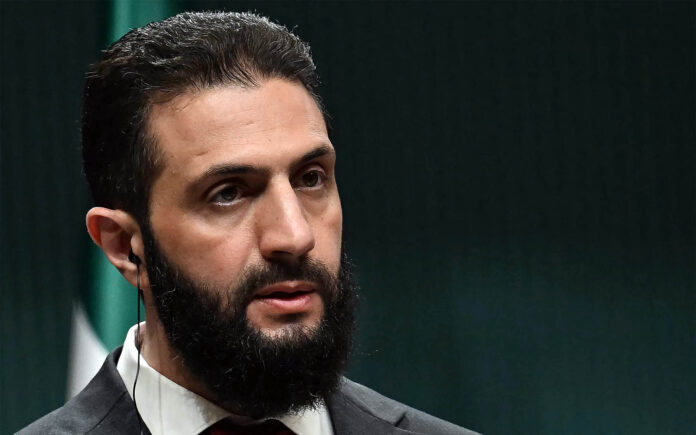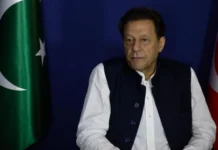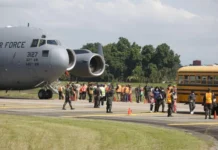The United States on Monday officially revoked the “foreign terrorist organization” (FTO) designation of Syria’s Hayat Tahrir al-Sham (HTS), a former Al-Qaeda affiliate that played a key role in the toppling of President Bashar al-Assad last December.
The move, announced by U.S. Secretary of State Marco Rubio, follows a sweeping shift in U.S. policy toward Syria, including the lifting of sanctions and increased diplomatic engagement under President Donald Trump.
“In line with President Trump’s May 13 promise to deliver sanctions relief to Syria, I am announcing my intent to revoke the Foreign Terrorist Organization designation of al-Nusrah Front, also known as Hay’at Tahrir al-Sham (HTS),” said Rubio in a statement.
HTS, once known as Al-Nusra Front and a formal branch of Al-Qaeda, severed ties with the jihadist group in 2016 and began efforts to rebrand itself. Its leader, Ahmed al-Sharaa, now serves as Syria’s interim president after leading a successful armed coalition that ended over 50 years of Assad family rule.
Washington’s de-listing of HTS, effective Tuesday, comes after the new Syrian authorities announced the dissolution of all armed factions in January, integrating former fighters, including HTS members, into state institutions like the national police.
Rubio noted that the decision followed “the announced dissolution of HTS and the Syrian government’s commitment to combat terrorism in all its forms.”
The shift in Syria’s leadership has been cautiously welcomed internationally. European nations have begun reengaging with Damascus, with the UK restoring diplomatic ties on Saturday and lifting key sanctions on Syria’s security agencies and ministries.
The U.S. had already dropped a bounty on Sharaa’s head after his rise to power and began lifting sanctions in May following lobbying by Saudi Arabia and Turkey to help reintegrate Syria into the global economy.
In a major regional development, Syria last week expressed readiness to reimplement the 1974 disengagement agreement with Israel, signaling potential normalization between the two long-standing adversaries.
Once seen as a militant leader, Sharaa is now at the helm of a transitional government governed by a temporary five-year constitution. While critics warn of concentrated executive power, international support is growing as Syria works to rebuild its shattered economy and re-enter the global arena.
Written By Rodney Mbua



















